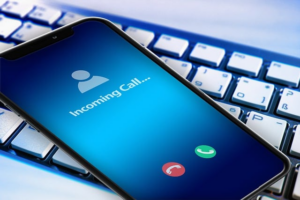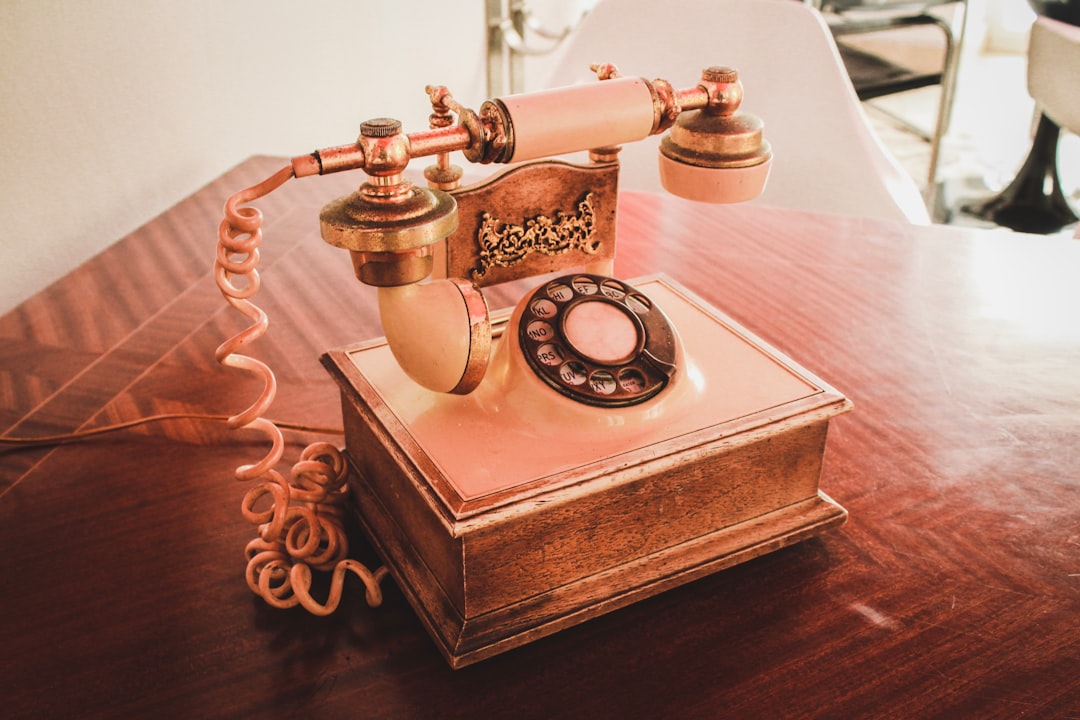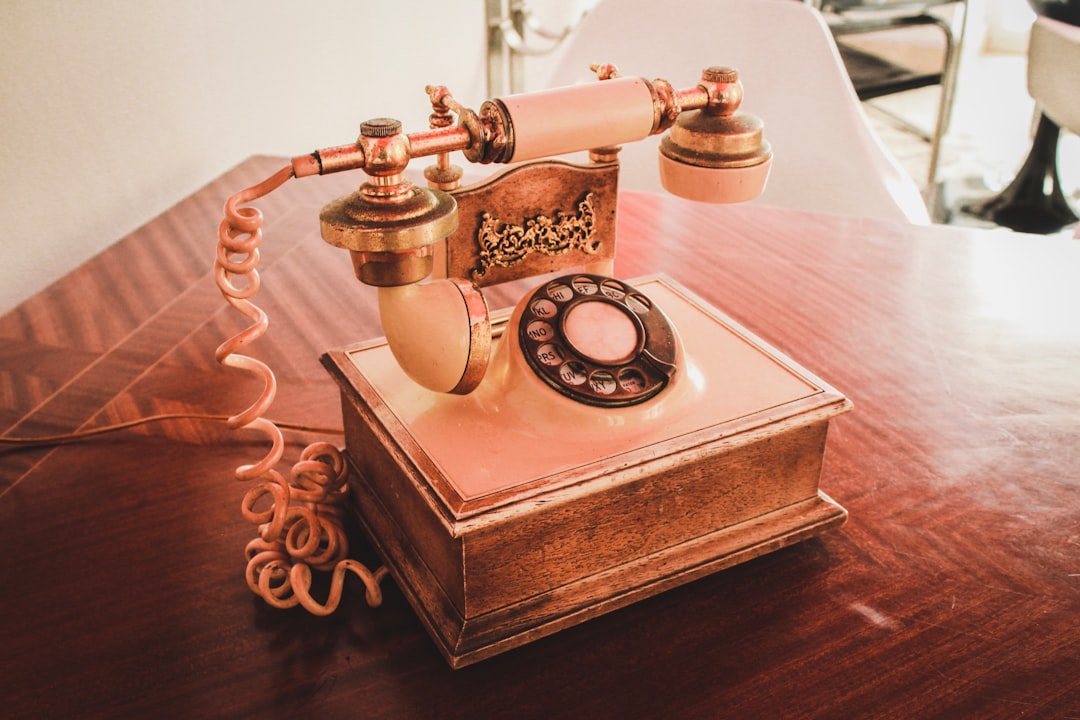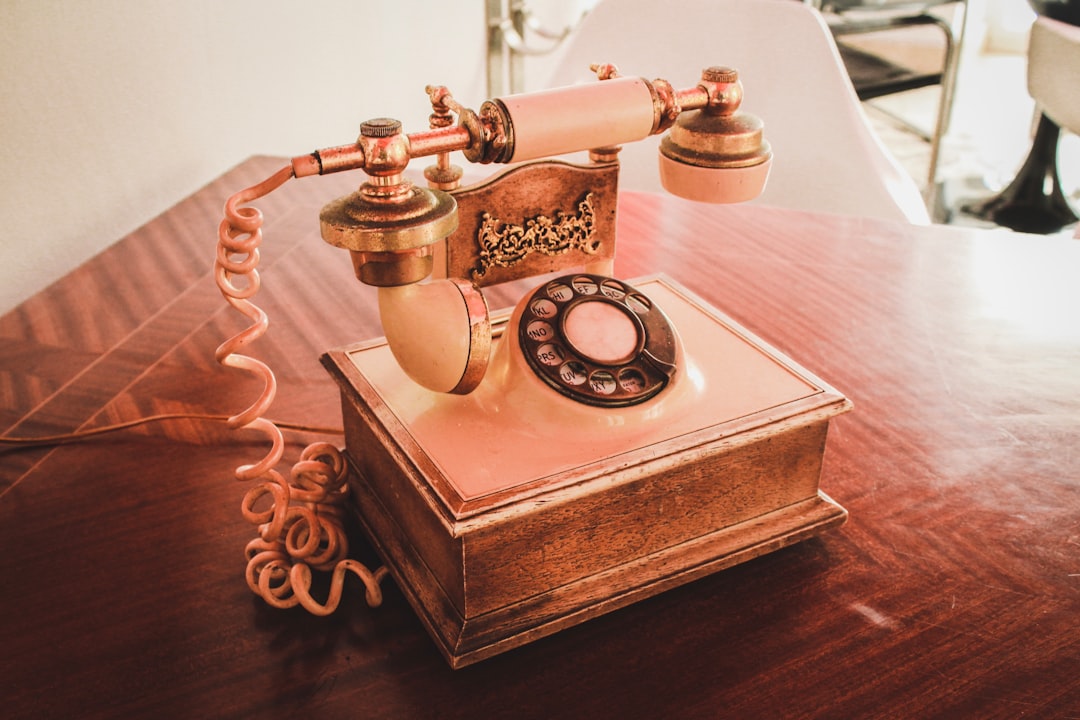Businesses using autodialers in Utah must understand federal regulations, notably the TCPA, and state-specific laws to protect consumers from unwanted calls. Strict guidelines around timing, frequency, and protected lists must be followed, with explicit consent required before automated calls. Engaging an autodialer lawyer in Utah ensures compliance, facilitates effective outreach, and prevents fines and reputational damage.
In the dynamic landscape of consumer outreach, ensuring compliance with federal and state regulations is paramount, especially during outbound calling campaigns. This comprehensive guide navigates the intricate web of rules governing calls across Utah’s diverse cities, crucial for call centers aiming to respect consumer rights while adhering to the law. From understanding federal laws to unraveling Utah-specific regulations and the implications of autodialer technology, this article equips businesses with essential tools to stay compliant in a competitive market. An autodialer lawyer in Utah can further guide you through these complex issues.
Understanding Federal Regulations for Outbound Calling Campaigns
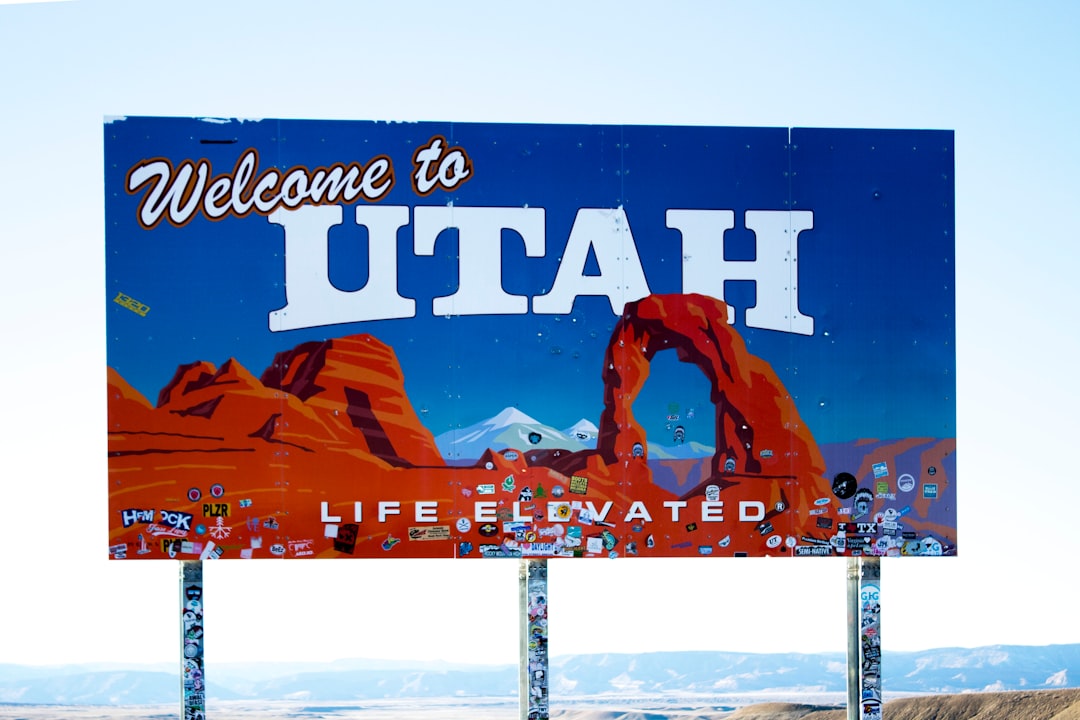
Understanding federal regulations is a critical step in ensuring your outbound calling campaigns adhere to legal standards. The Telephone Consumer Protection Act (TCPA) is a key piece of legislation that sets guidelines for telemarketing practices, including restrictions on automated dialing systems or autodialers. These rules are designed to protect consumers from unwanted calls and ensure fair business practices. For businesses utilizing an autodialer in Utah, it’s essential to consult with a legal expert specializing in telecom laws to navigate these federal regulations effectively.
Compliance goes beyond the TCPA; specific states, like Utah, may have additional laws and guidelines for outbound calling campaigns. These state-level regulations can vary widely, so staying informed about local rules is vital. A Utah-based lawyer specializing in telemarketing law can offer tailored advice to help businesses maintain compliance while reaching their target audience across the state’s diverse cities.
State-Specific Laws in Utah: What Every Outbound Call Center Should Know
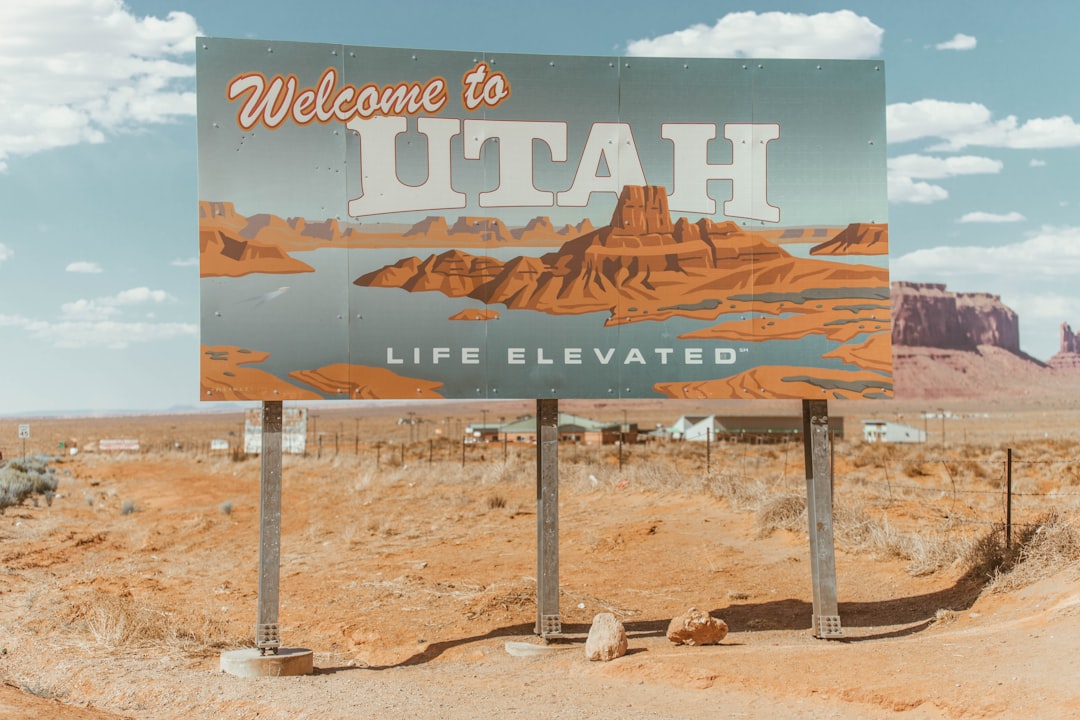
In Utah, outbound calling centers must adhere to a set of state-specific laws that are designed to protect consumers from unsolicited calls. One key regulation involves the use of an autodialer, which requires businesses to obtain explicit consent before making automated phone calls. This means call center operators should never assume that pre-recorded messages or auto-dialing technology is compliant without consulting with a Utah lawyer specializing in telemarketing laws.
Additionally, Utah has strict rules regarding the timing and frequency of outbound calls. Call centers must respect consumers’ “do not call” requests and avoid contacting numbers on certain protected lists, such as those belonging to minors or individuals with medical conditions. Understanding and adhering to these state-specific laws is crucial for any outbound calling campaign in Utah, ensuring compliance while targeting consumers across the state.
The Role of an Autodialer and Its Legal Implications

An autodialer is a technology that allows businesses to automate outbound calling campaigns by automatically dialing telephone numbers and connecting calls to live agents or pre-recorded messages. While this tool can significantly enhance efficiency, it’s crucial to understand its legal implications when used for consumer outreach. In Utah, as in many states, the use of an autodialer is subject to strict regulations designed to protect consumers from unsolicited calls and ensure fair business practices.
Businesses must obtain explicit consent from consumers before using an autodialer to place marketing calls. This typically involves obtaining a phone number through a valid opt-in mechanism, such as a signed consent form or a clear opt-in during a transaction. Additionally, Utah laws restrict the timing of automated calls, requiring businesses to avoid calling consumers between 9 p.m. and 8 a.m., unless the consumer has granted specific permission. Non-compliance with these regulations can lead to significant legal consequences, including fines and damage to a company’s reputation, underscoring the importance of consulting with an autodialer lawyer in Utah to ensure adherence to both federal and state laws.
Protecting Consumer Rights: Best Practices for Ethical Calling

Protecting consumer rights is paramount when conducting outbound calling campaigns, especially when navigating diverse urban areas within a state like Utah. With various federal and state regulations in place, businesses must adhere to ethical standards to ensure fair practices. One effective method is to employ an autodialer system that allows for precise targeting while minimizing potential infringements.
Best practices include obtaining informed consent from callers, ensuring clear and transparent communication about the purpose of the call, and respecting requested opt-outs or pauses. Additionally, training staff on compliance matters and staying updated with legal guidelines specific to Utah and its cities can help prevent errors. Engaging a lawyer specializing in telemarketing laws, such as an autodialer lawyer in Utah, provides expert guidance tailored to the region’s regulations, fostering a compliant and successful campaign.
Navigating Privacy Concerns: Tips to Stay Compliant in Utah

Navigating privacy concerns is a critical aspect of running successful outbound calling campaigns in Utah. With strict regulations in place, such as those governing the use of autodialers, it’s essential to understand your obligations and protect consumer rights. One key tip is to always obtain prior express consent from callers before initiating automated calls, ensuring compliance with both federal laws like the Telephone Consumer Protection Act (TCPA) and Utah-specific regulations.
Additionally, be transparent about the purpose of the call and provide a clear opt-out mechanism. Regularly train your calling team on privacy best practices and stay updated with legal guidance from reputable sources, including consulting with an autodialer lawyer in Utah. This proactive approach will help safeguard your campaigns from potential legal issues and maintain consumer trust.

